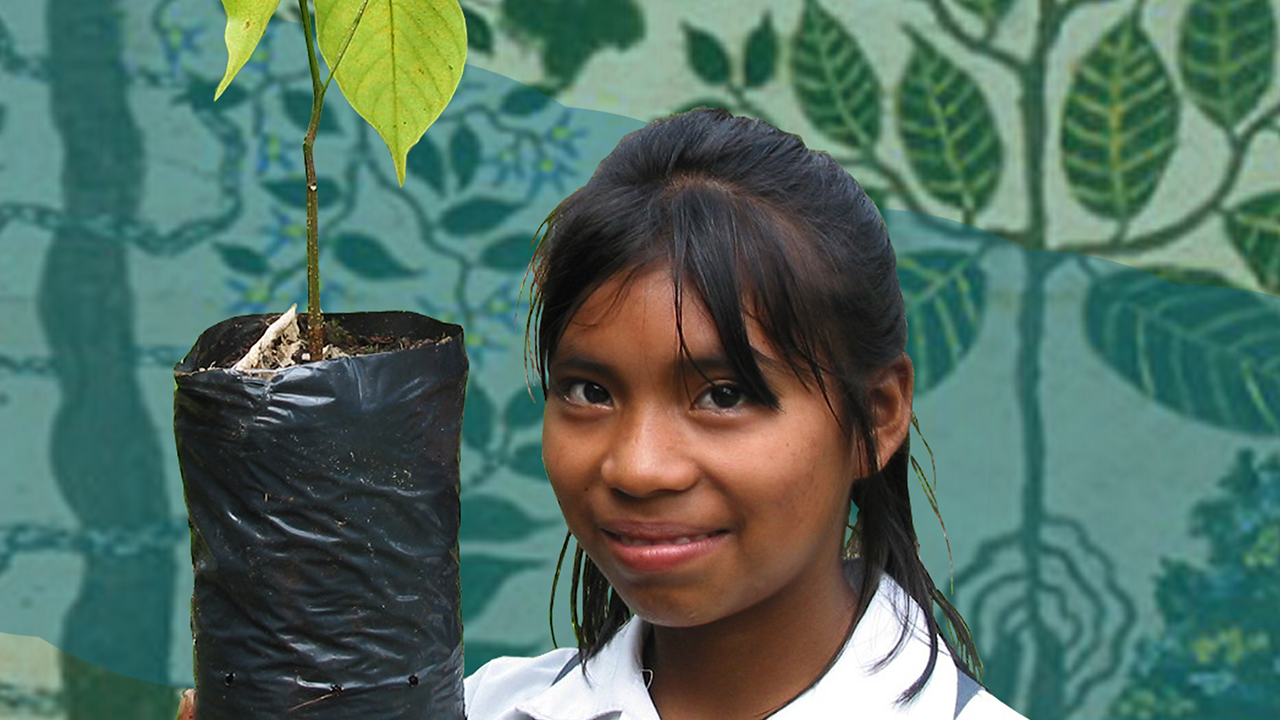Saskia van Oosterhout : Seeds as Embodied Heritage: Gender and Conservation in Zimbabwe
Duration: 25 mins 4 secs
Share this media item:
Embed this media item:
Embed this media item:
About this item

| Description: |
Saskia van Oosterhout (Cape Town, South Africa): Seeds as Embodied Heritage:
Gender and Conservation in Zimbabwe |
|---|
| Created: | 2014-07-21 08:53 |
|---|---|
| Collection: | People and Plants |
| Publisher: | University of Cambridge |
| Copyright: | Glenn Jobson |
| Language: | eng (English) |
| Keywords: | People and Plants; Saskia van Oosterhout; |
| Abstract: | Dr Saskia van Oosterhout: Seeds as embodied heritage: gender and conservation in Zimbabwe
Traditional farming in Zimbabwe was underpinned by a deep and refined knowledge of the environmental conditions governing soil and water management. High crop diversity was employed as a key management tool to control a variable environment. Complex seed exchange networks facilitated the movement of germplasm, and soil fertility was maintained through practices based on an understanding of the deep connection between soil and human health. Preservation of traditional values and knowledge has been an important factor in the conservation of traditional crops by female ‘keepers of diversity’, due to their use in traditional ceremonies associated with rainmaking and appeasement of ancestors. The community seedbanking programme of the 1990s was hugely successful in its support of traditional ways of environmental management through validation and promotion of traditional values and local cultural understandings. Since then, prompted by the HIV/AIDS epidemic which started in the 1980s, Zimbabwe has witnessed huge numbers of internally displaced persons and out-migration into urban areas and neighbouring countries, due to immense political turmoil, indescribable violence and dispossession during the past 15 years. In their quest to pass on the spiritual value of non-separation between the experiential connected self, environmental health and awareness of community, to the younger generation, several older women, some of whom have survived HIV/AIDS, and suffer from political harrassment and physical intimidation, continue their tradition of being ‘keepers of diversity’. They achieve this by experientially promoting diversity and the psychological health of the young orphans in their care, through a non-abstracted beingness which fully embraces the culture of spiritual connection between environment, food production and care for the human being. Currently the NPO, ‘Communities Can Do It’, supports the work of such women through facilitating links with other parties that can provide necessary resources for community self-development. |
|---|---|

